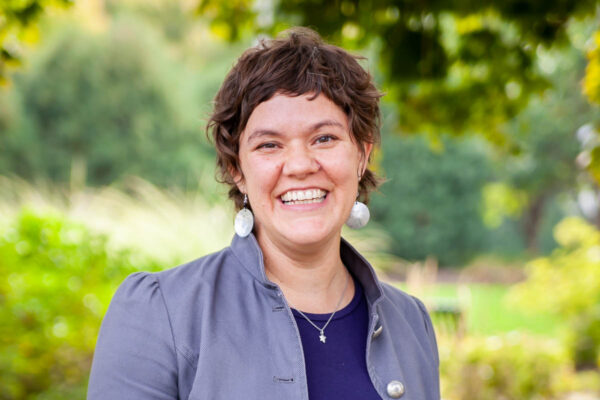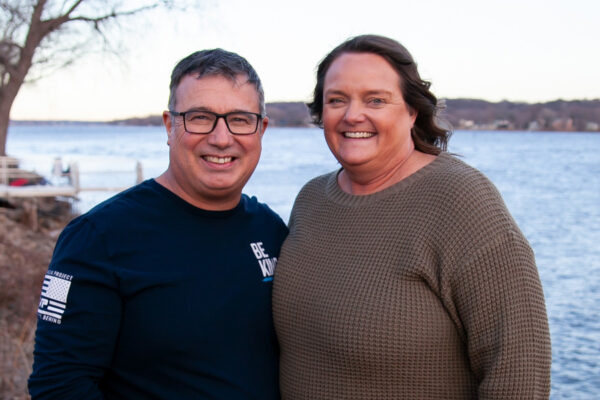Best of all
If someone were to ask me to tell them about grace, I’d probably try to explain it. I might talk about love that is unearned and unexpected. Or maybe I’d borrow from the apostle Paul who wrote how grace is unearned, a pure gift of love. Or I’d quote Anne Lamott who said, “I do not understand the mystery of grace – only that it meets us where we are and does not leave us where it found us.”
But when people asked Jesus about grace, he didn’t try to explain it. He told them stories. Stories about lost sheep and missing coins, and celebrations when they were found. Jesus spoke of a son who took his father’s money and ran away from home. Facing starvation, the son decided to come home, willing to endure the expected shame and anger for whatever scraps he could earn. But, his father ran to greet him with an embrace and a huge feast to welcome him home.
Stories are the best way to talk about grace. They get into our hearts and not just our heads. It’s why I love to read children’s books, because the best ones expose human brokenness and healing with pictures and pared down words. Maurice Sendak knew how to do this better than anyone. He wrote and illustrated the amazing children’s book: Where the Wild Things Are, recently highlighted in an exhibit at Davenport’s Figge Art Museum.
It’s about a boy named Max, dressed in a wolf suit, who makes mischief of one kind or another one night. His mom calls him a wild thing and sends him to bed without supper. While in his room, Max sails off to the land “where the wild things are.” They make him king and have a wild rumpus. But soon Max gets lonely and “wants to be where someone loves him best of all.” And he smelled good things to eat and decides to go home. But the Wild Things tell him not to go, “we’ll eat you up we love you so,” they say. But Max says “no!” and hops into his boat and goes home, and there in his room sits his supper, waiting for him. “And it was still hot.”
We’ve all had nights or seasons or moments that we’ve made mischief of one kind of another. We might visit or dwell in the land of wild things – not creatures necessarily but instead monstrous kinds of actions and behaviors and ways of being that roar and harm and hurt. In our selfishness or pride or indifference, we run away from where Someone loves us best of all. So often these choices seduce us by making us feel powerful, like a king. And they eat us up, consuming us and demanding more and more from us.
But we get lonely and long, again, for God. After all, God is the one who loves us best of all. We are given the strength to say ‘no’ and turn back to our God, whose mercy we recognize calling us home, like the aroma of homemade bread before we even get inside.
Jesus repeatedly called himself the Bread of life, a supper of sorts, our daily sustenance. Jesus meets us with love that demands nothing, but only nourishes. It’s such a gift, especially when there is so much in our lives that consumes us and eats us up. So when we just want to be where someone loves us best of all, we turn to Jesus, who feeds us with himself. And that’s grace, like a meal we can smell from across the world, waiting for us, still hot.





Stella Herzig
a beautiful realization, Sara! Thank you!
David DeWit
Wonderful, Sara. Flesh that out a tad more and you’ve got a super sermon.
Anke Maass
Perfect for what I needed today. A reminder of who is always there for us!
Jesus
Jeanne Withycombe
Well written, Sara. Up in Door County I had lots of contemplation time in a gorgeous setting. I am a lucky lady.
Carol Seitz
Beautiful truth Pastor Sarah. Reminds me of a true man of God who had the courage to preach to his congregation from children’s literature. A bit Jesus like I would say. Thank you!